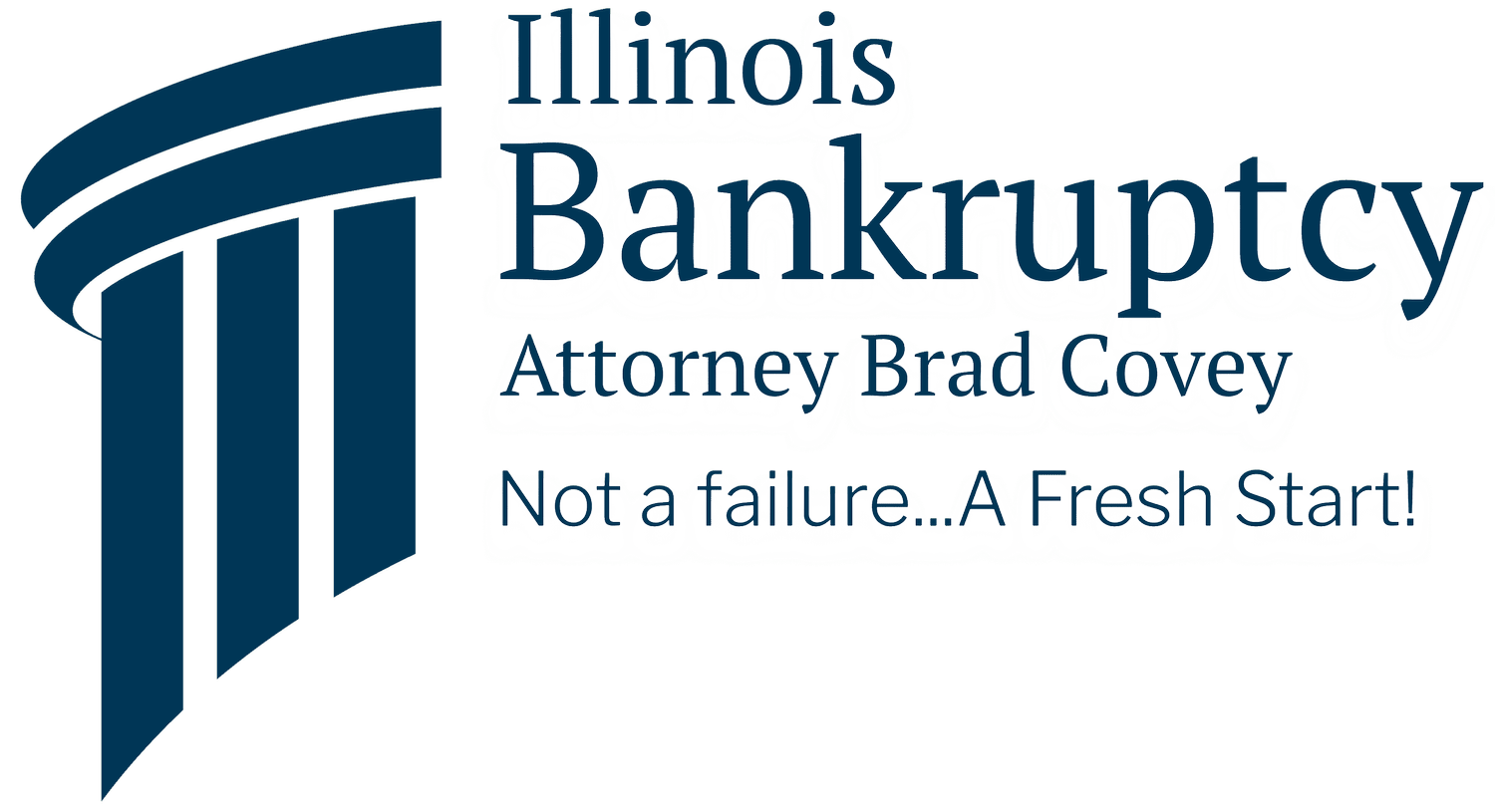Don’t Touch That 401(k)
Don’t Touch That 401(k) Before Filing Bankruptcy
Don’t Touch That 401(k) Before Filing Bankruptcy
Don’t touch your 401(k) if you are planning bankruptcy. In my Aurora Illinois bankruptcy practice, I regularly meet with clients who have been struggling to make ends meet for months or even years. These clients would do anything to avoid filing for bankruptcy. Eventually, when the money runs out, their retirement accounts gone, and their home equity used up, they have no choice but to file bankruptcy. When I meet with these clients they are often sick to hear that they have made some rather costly mistakes.
Mistake #1
The most common mistake people make, and often the most costly, is draining their retirement accounts (401(k), IRA, 403(b), IMRF, and TRS) to pay their credit card debts or even the mortgage payment on real estate they are not keeping. Clients are dismayed when they find out that they could have kept all of their retirement accounts and still filed Chapter 7 bankruptcy to eliminate their credit card debts. Also, they could have stopped their mortgage payments, surrendered their house, and kept their retirement accounts fully funded.
Many Kane, Kendall, and DuPage Illinois residents who are experiencing financial difficulties don’t realize that in Illinois retirement accounts (IRAs, 401(k)s, 403(b)s, pension plans, and many others) are exempt from creditors and will not be lost even if they file bankruptcy.
Mistake #2
The second mistake many clients make is using their home equity lines of credit to make payments on their credit cards. Again, they are trying anything to avoid filing for Chapter 7 bankruptcy and I get that. However, most people don’t know that in Illinois they can keep $15,000 worth of equity in their residence ($30,000 if they are married) protected from their creditors if they file for bankruptcy. Rather than losing the equity in their home by using it to pay off credit card debt, they could have wiped out their credit card debt by filing bankruptcy and maintained the equity in their home – if they had only known.
If you are having financial troubles, please don’t wait to see a bankruptcy lawyer. Even if you are not sure if you want to file bankruptcy, at least find out what your options are before you burn through your hard-earned retirement accounts and home equity.

